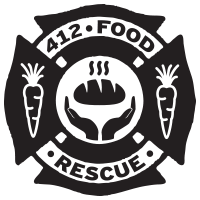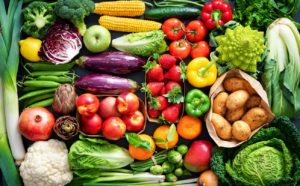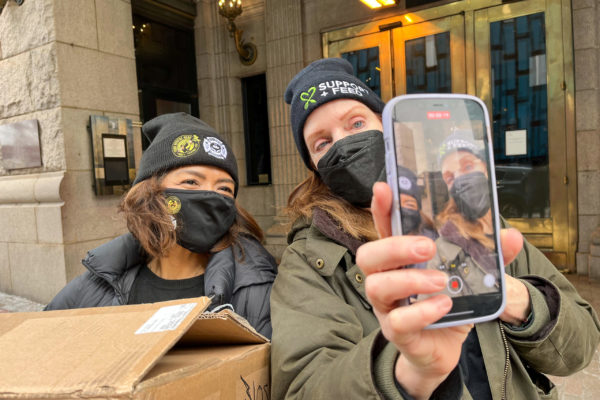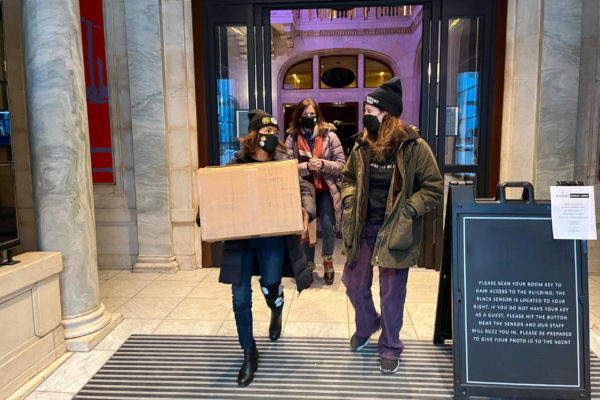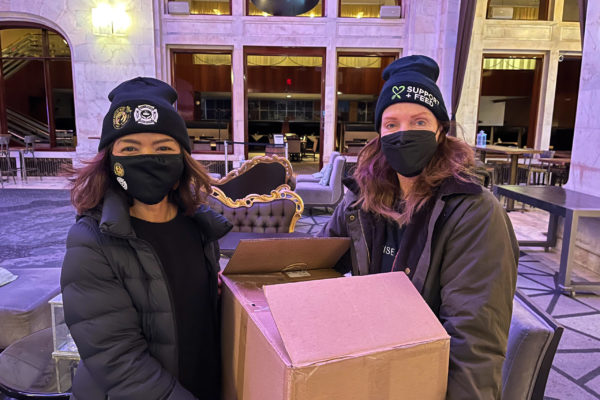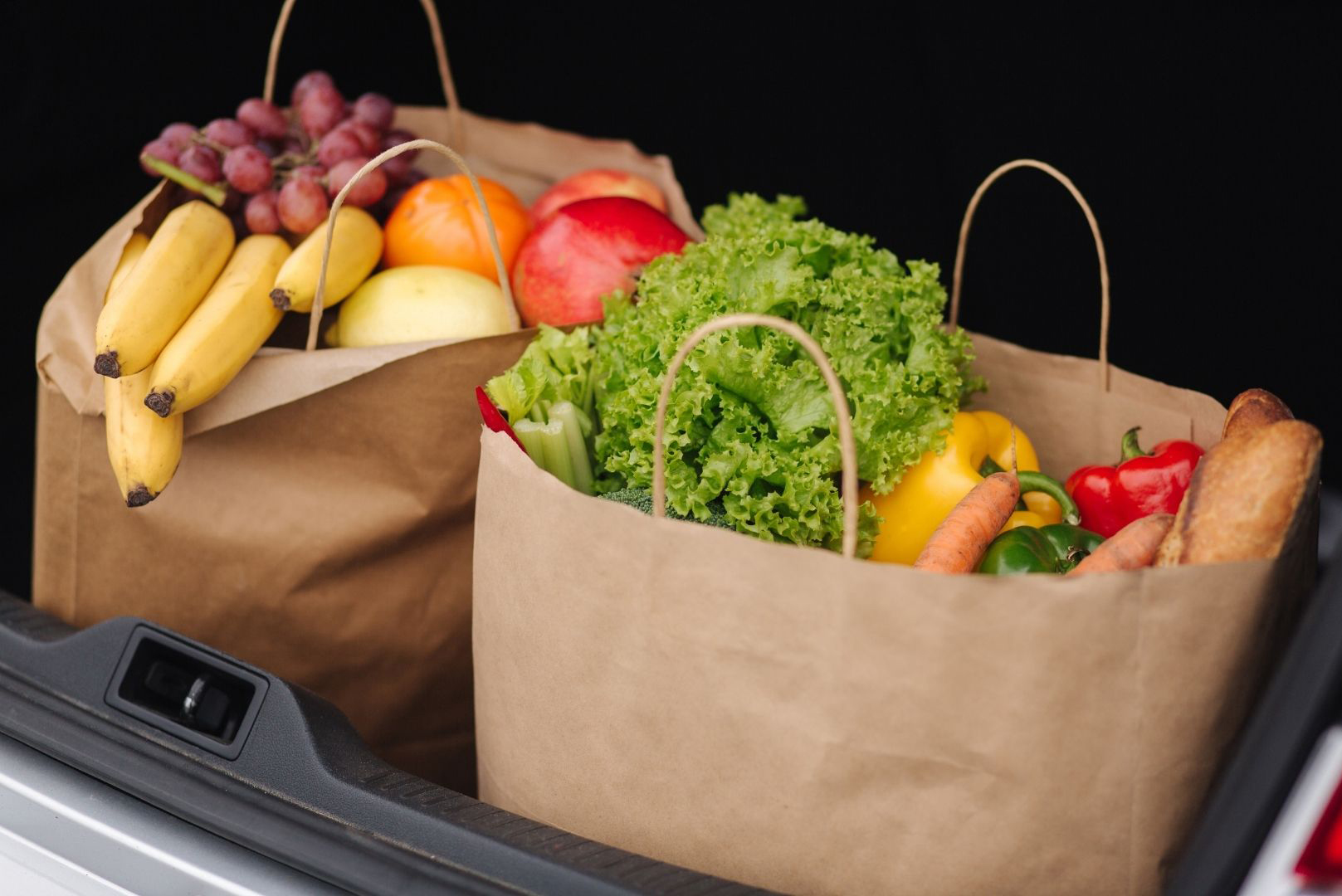
Access to food isn’t the greatest issue plaguing our nation right now, according to many scientists, health professionals and sociologists. Even with so many problems in our poorest communities, experts say our number one priority needs to be increasing access to nutritious food.
Two large European studies published by The BMJ find a high correlation between consumption of highly processed (“ultra-processed”) foods and risk of cardiovascular disease and death.
In contrast, the researchers found a significant association between unprocessed or minimally processed foods and lower risks of all reported diseases.
The BMJ studies showed that higher consumption of ultra-processed foods (more than 4 servings per day) was associated with a 62% increased risk of all cause mortality compared with lower consumption (less than 2 servings per day). For each additional daily serving of ultra-processed food, mortality risk relatively increased by 18% (a dose-response effect).
While these studies are observational, and as such cannot establish causality, and there is a possibility that some of the observed risks may be due to unmeasured confounding factors, their implications are raising eyebrows.
Given the fact that many Americans don’t have easy access to fresh, nutritious food. According to data from the latest census (2000), roughly 23.5 million people, or 8.4 percent of the U.S. population, live in low-income neighborhoods that are more than a mile from a supermarket.
Even worse, researchers have found that real whole food is simply expensive. According to Dorotea Sotirovska and Elizabeth Philip/Vox,
“One reason why Americans tend to choose less healthy options is simple: cost. Processed foods tend to have a lot more calories at a lower price; that’s more bang for your buck than fresh food if you’re on a budget.”
Bringing greater access to healthful foods would become a real lifeline for people facing food insecurity. It’s the core reason around 412 Food Rescue mission’s aim to get nutritious food to anyone experiencing food insecurity. With the help of 16,000 Pittsburgh-area volunteers, fresh, nutritious food that would have otherwise gone to waste has become 17 million meals.*
Our focus and commitment to redistributing nutritious food received a great amount of attention last week, when a chance food rescue partnership with Billie Eilish, her crew and mom, Maggie Baird, founder of Support + Feed, donated surplus vegan meals to 412 Food Rescue. Maggie contacted 412 Food Rescue and delivered the meals directly to our very own co-founder and CEO, Leah Lizarondo.
“I’m so excited to meet Leah and learn about 412 Food Rescue,” Baird said. “We’re thrilled to provide plant-based food from local community restaurants to 412 Food Rescue and the people they serve, and fight the climate crisis together.”
Indeed, the two organizations identified solid ground for future partnership, too.
Baird started Support + Feed in Los Angeles in 2020, an organization that shares a notion fully compatible with 412 Food Rescue: Access to nourishing plant based food is a human right.
As we learn more about how important fresh, nutritious food is for our long-term health, it’s easy to get inspired to join forces with organizations committed to recovering food and redistributing it.
“We are so grateful for the work that Maggie and Billie are doing to impact not only food insecurity but also climate change,” Lizarondo said in a statement. “Preventing food waste and eating more plant-based meals are two things we all can do everyday.”
Take the pledge to eat one plant-based meal a day for 30 days https://supportandfeed.org/pledge/
Volunteer today and become a #FoodRescueHero https://412foodrescue.org/take-action/volunteer/
412 Food Rescue is powered by https://foodrescuehero.org
*All time data, as of Feb/2022
